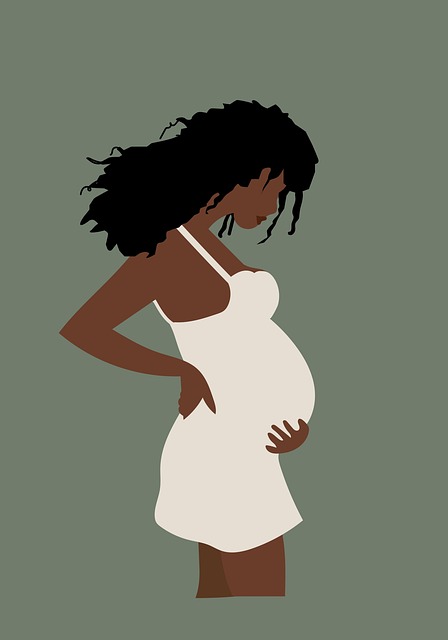Imagine a 69-year-old woman, let’s call her Sarah, who became a mother after undergoing IVF. This case sparked a lot of discussions around the question: How old is too old to have a baby? While most of us would agree that a 25-year-old is a prime candidate for fertility help, a 70-year-old seems to push the limits. But where do we draw the line?
With advancements like in vitro fertilization and egg donation, women can conceive at ages that natural biology would typically prevent. A woman usually runs out of eggs in her early 50s, entering menopause—an experience that varies by individual. However, fertility starts to decline significantly in women’s late 30s and into their 40s. This decline is particularly pronounced because a 40-year-old woman is trying to conceive with older eggs, which tend to have poorer quality. For instance, older eggs can struggle with DNA integrity, leading to a higher risk of genetic conditions like Down syndrome.
Interestingly, the rate of egg loss accelerates around age 38, which some experts believe is nature’s way of ensuring that women transition out of reproductive years while still being able to raise their existing children. This raises further questions: Should we limit IVF to women in their early 40s or younger? With donated eggs, that age ceiling can be pushed, and there are no legal age restrictions on pregnancy.
So, who should decide when it’s “too late” to start a family? Is age a different factor compared to other causes of infertility? And what about men, who don’t face the same biological clock limitations? It’s a complex issue, and many fertility clinics do set their own age guidelines.
If you’re curious about the postpartum experience, check out this blog post for insights. And if you’re looking for ways to enhance fertility, consider exploring resources from Make a Mom for supplements that might help. Additionally, Healthline provides excellent information on intrauterine insemination (IUI) that could be beneficial.
In summary, while advancements in fertility treatments allow women to conceive later in life, the questions surrounding age and motherhood remain complex and nuanced. It’s essential to weigh individual circumstances, medical advice, and personal desires when considering the journey to parenthood.

